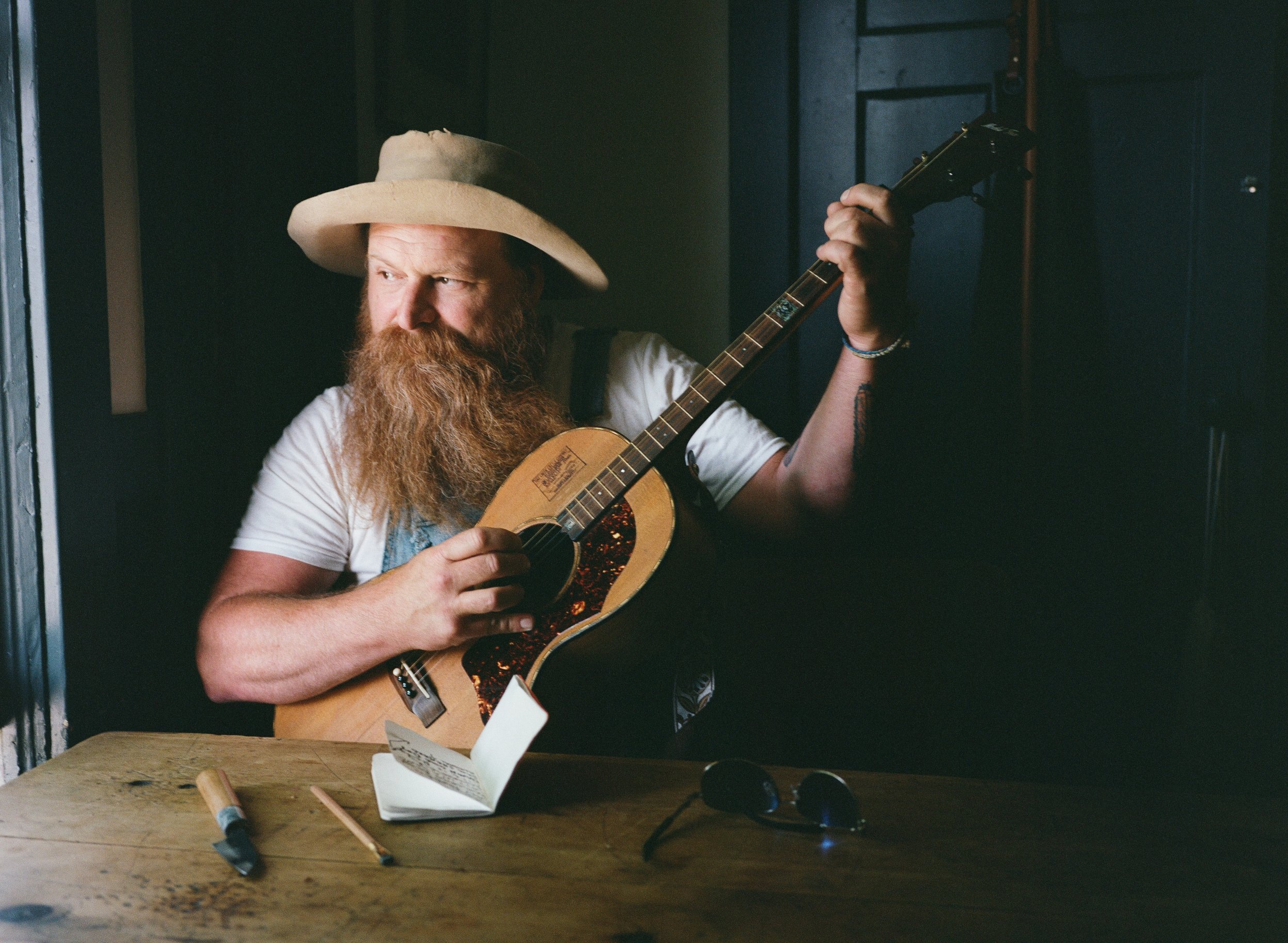Episode 54: Gabe Lee
Gabe Lee, Nashville born and raised, joins us to talk about his latest record, the excellent Drink the River. His fourth album, Gabe chose a more stripped down sound, and assembled a killer set of musicians to create beautiful soundscapes for the story songs he wrote. We discuss Gabe’s training as a classical pianist and his resulting love affair with melody, and how he thinks about point of view in his writing. Also covered: avoiding an Ed Hardy future, and learning the Smoke on the Water riff.
Also: new theme song! Composed and arranged by Shane McLaughlin of Buffalo Rose. If you would like to talk with Shane about making some music, you can find him at: shanemclaughlinmusic.com
Equal parts classic songwriter and modern-day storyteller, Gabe Lee has built his own bridge between country, folk and rock. Lee has been collecting stories for years, both onstage and off. "I used to bartend," says the Nashville-based songwriter, "which means I was also a cheap therapist for whomever happened to be sitting on the barstool. Whether they were there to celebrate or drink away their problems, I heard about whatever they were going through. It was my job to have that face-to-face interaction — that connection. Being a full-time musician isn't much different."
With critically-acclaimed albums like 2019's farmland, 2020's Honky-Tonk Hell, and 2022's The Hometown Kid, Lee created that connection by delivering his own stories to an ever-growing audience. His fourth record, Drink the River, takes a different approach. This time, Lee isn't offering listeners a peek into his internal world; he's holding up a mirror to reflect their own.
Storytelling has been an anchor of Lee's music since the very beginning. Raised by Taiwanese parents in Nashville, TN, he left home during his teenage years and headed to Indiana, where he obtained college degrees in literature and journalism. Lee launched his career as a genre-bending musician after returning to Tennessee, quickly progressing from dive bar gigs to high-profile opening slots (including shows with Jason Isbell, Los Lobos, and other artists who, like him, blurred the lines between roots-rock, country, and other forms of American folk music) to his own headlining shows. Throughout it all, he drew upon the narrative skills he'd sharpened as a student. If albums like Honky-Tonk Hell and The Hometown Kid often unfolded like autobiographical entries from his road journal, then Drink the River shows an even broader range of his storytelling abilities. Lee isn't just writing songs about himself; he's writing songs about all of us. And maybe, in doing so, he can bring us a little closer together.





